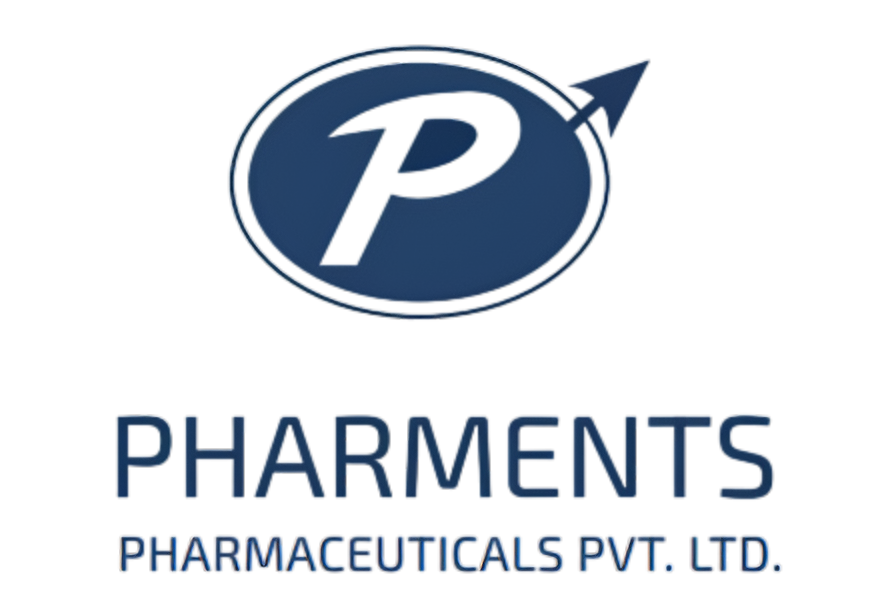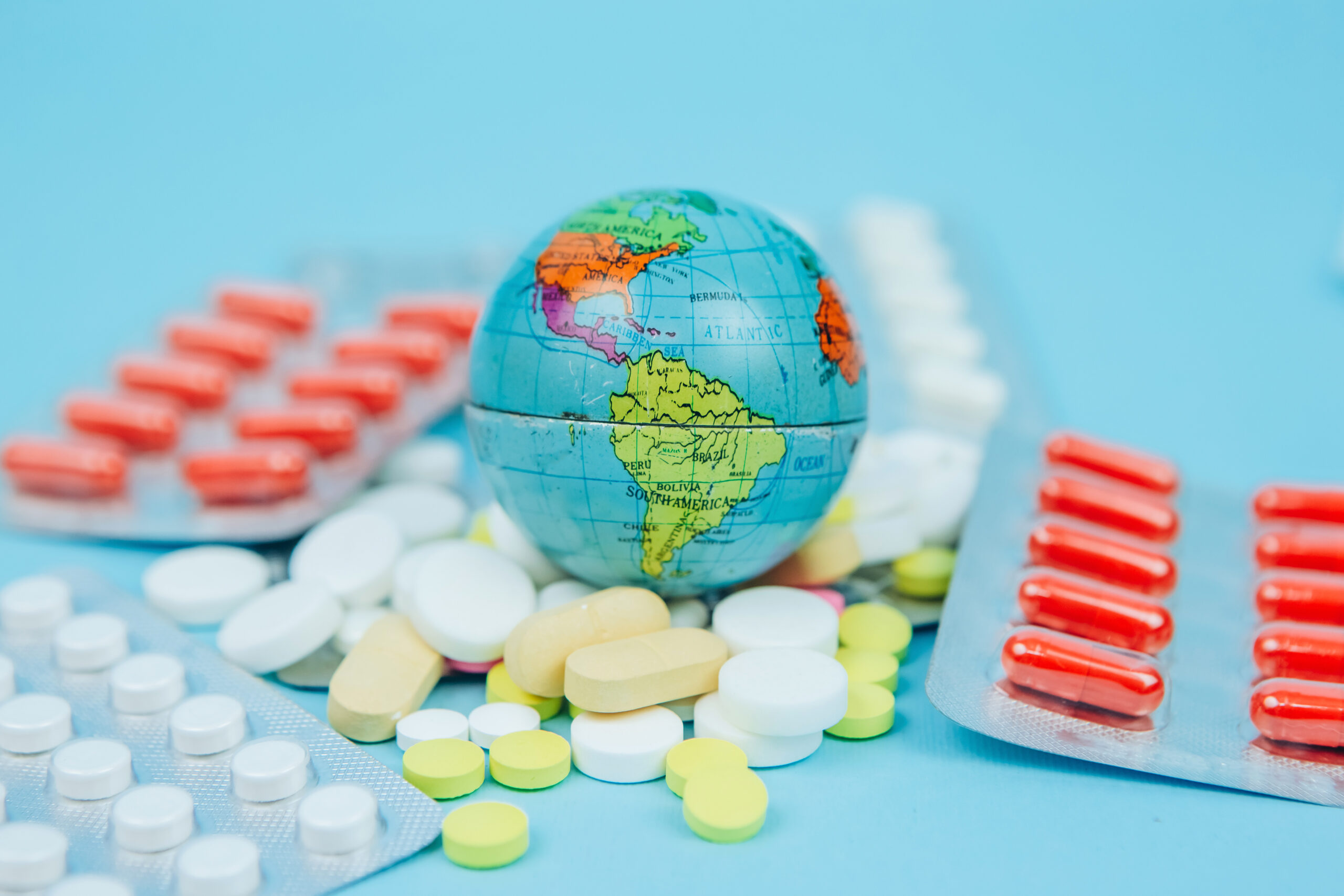Introduction
Pharmaceutical exports are subject to strict global regulations to ensure product quality, safety, and efficacy. Failure to comply with these regulations can lead to rejected shipments, legal penalties, or even permanent bans from certain markets. Understanding compliance requirements is crucial for businesses looking to expand internationally.
In this guide, we break down the key compliance factors involved in pharmaceutical exports and offer best practices to help you navigate the process smoothly.
Key Compliance Factors for Pharmaceutical Exports
1. Understanding International Certifications
To export pharmaceutical products, businesses must comply with global standards such as:
- Good Manufacturing Practices (GMP): Ensures that drugs are consistently produced and controlled according to quality standards.
- World Health Organization (WHO) Certification: Required for exports to many developing countries.
- Food and Drug Administration (FDA) Approval: Essential for entering markets like the U.S.
- European Medicines Agency (EMA) Compliance: Required for exports to European Union countries.
2. Labeling and Packaging Requirements
Every country has specific labeling regulations to prevent misinterpretation of drug usage. Common requirements include:
- Clear dosage instructions and ingredient lists
- Expiry dates and batch numbers
- Warnings and storage instructions in the destination country’s language
3. Import and Export Licenses
Pharmaceutical exporters must obtain the necessary licenses from both their home country and the importing country. These documents confirm that the exporter is authorized to sell pharmaceuticals and that the products meet local regulations.
4. Avoiding Common Compliance Pitfalls
- Not conducting thorough quality checks before shipment
- Failing to update certifications and licenses
- Ignoring changes in international regulations
Best Practices for Smooth Pharma Exports
- Partner with a regulatory expert to ensure all documentation is in place.
- Keep up with industry updates to avoid compliance issues.
- Work with verified suppliers to maintain quality standards.
Conclusion
Navigating the complex landscape of pharmaceutical regulations is essential for businesses that want to succeed in global trade. By prioritizing compliance, exporters can build trust, avoid legal hurdles, and ensure smooth transactions in international markets.



